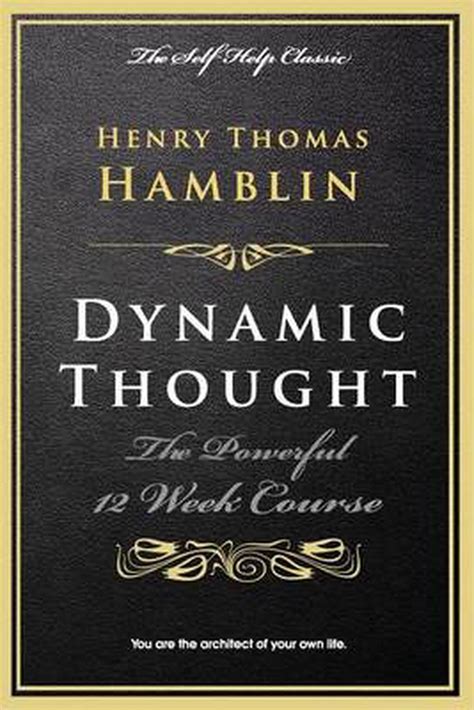A Quote by Gonzalo Rodriguez-Pereyra
The problem of how to characterise the properties that would trivialise the principle is one of the hardest problems concerning the principle of identity of indiscernibles and one the problems to which least attention has been paid of.
Related Quotes
I think that every living person, every person who is awake to the functioning principles within his reality has a moment where he stops blaming the problems in the world on group thinking, on humanity and authority, and starts to face himself. I hate this more than anything. This is the hardest principle within christian spirituality for me to deal with. The problem is not out there, the problem is the needy beast of a thing living in my chest.
We stand on no high moral plateau in our time. We are, in fact, plumbing depths of depravity unknown to our ancestors--and whatever may have been the evil in which they engaged, at least they were willing to acknowledge the principle by which their evil was condemned. We have even turned our back on the principle.
We are more than our problems. Even if our problem is our own behavior, the problem is not who we are-it's what we did. It's okay to have problems. It's okay to talk about problems-at appropriate times, and with safe people. It's okay to solve problems. And we're okay, even when we have, or someone we love has a problem. We don't have to forfeit our personal power or our self-esteem. We have solved exactly the problems we've needed to solve to become who we are.
The book Dynamic Programming by Richard Bellman is an important, pioneering work in which a group of problems is collected together at the end of some chapters under the heading "Exercises and Research Problems," with extremely trivial questions appearing in the midst of deep, unsolved problems. It is rumored that someone once asked Dr. Bellman how to tell the exercises apart from the research problems, and he replied: "If you can solve it, it is an exercise; otherwise it's a research problem."
There's a stronger and more kind of controversial element of Plotinus' view of matter, which is that he actually identifies it with evil, or at least the principle of evil, and the reason for this is that he thinks that the the One, the highest principle, can also be thought of as the Good, and that's kind of surprising like, because he has this negative theology which doesn't allow us to say anything about the One. But he believes that it can be seen as the principle of goodness as well as unity, and that if you think about it, goodness and unity sort of go along with each other.




























